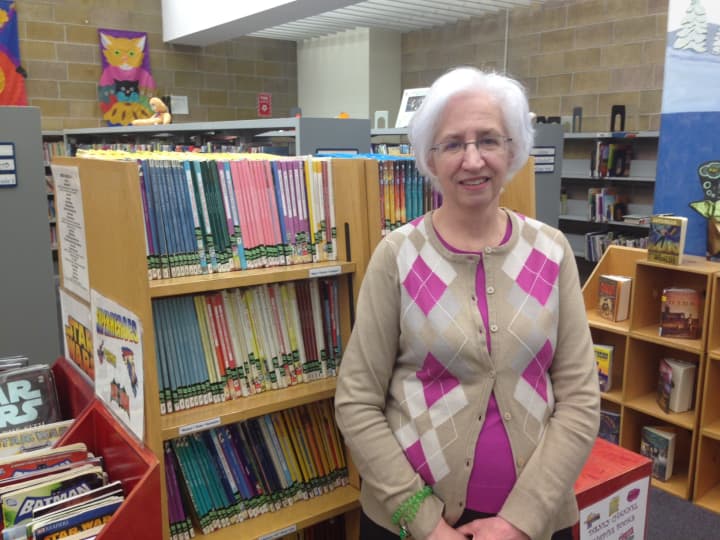While that number may be alarming to some, it does not come without important advancements in the research for an identifiable cause for the spectrum of disorders.
Given the prevalence of the disorder, will local institutions make plans to increase their accessibility and programs for autistic children?
Diane McCrink, director of the Children's Department at the Yonkers Grinton I. Will Public Library, said while the library doesn't do any programming specifically targeted towards autistic children, they often attend and are welcome at its programs. Additionally, she has curated books for the library written for and by autistic children.
"I speak for all public libraries when I say that we try to respond to the needs of our communities. Autism is more prevalent now, and so I've been curating (these books) so that children and parents will know they aren't alone," she said.
McCrink said she recently added a book written by an autistic girl, documenting her experiences navigating everyday life with her disorder.
Though the library doesn't have an immediate plans to add programming, McCrink said they are open to exploring the idea, but would need the help of professionals specialized on the subject.
In an interview on PBS, the author of the study, Eric Courchesne, director of Austism Center of Excellence at University of California at San Diego, said evidence shows there may be a common disruption in parts of the brain essential to emotions, communication and social function, beginning during pregnancy, that lead to autism.
"This evidence points to brain mal-development and autism beginning in pregnancy, very likely in the second and third trimesters, to a very particular important part of the brain that’s important for the kinds of symptoms seen in autism," he said in the interview.
Read the full study here. See the full PBS interview here.
Click here to follow Daily Voice Yonkers and receive free news updates.


